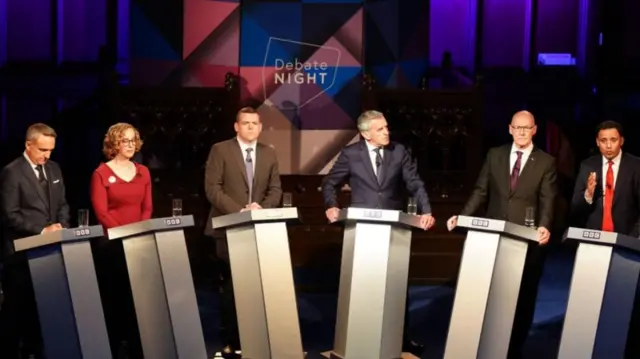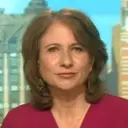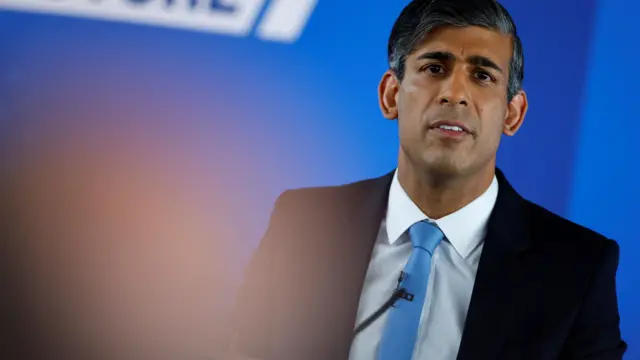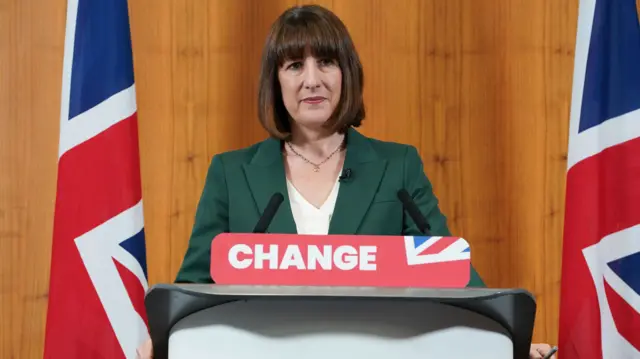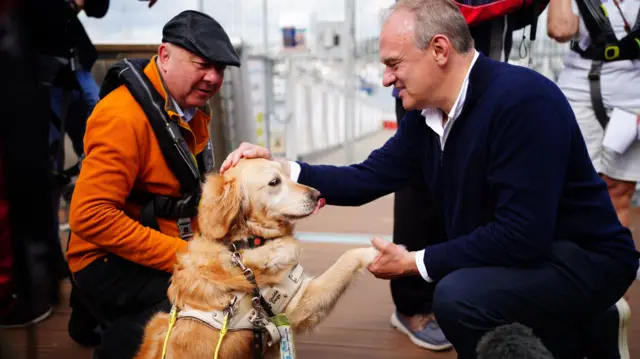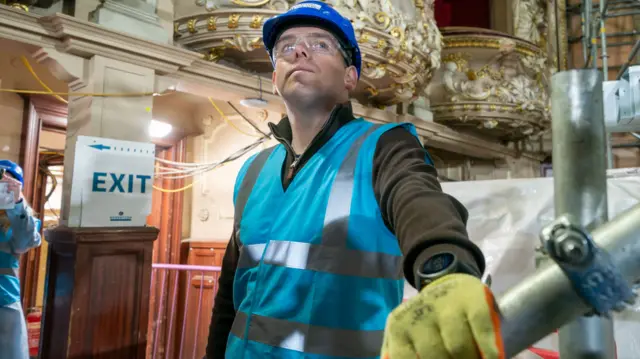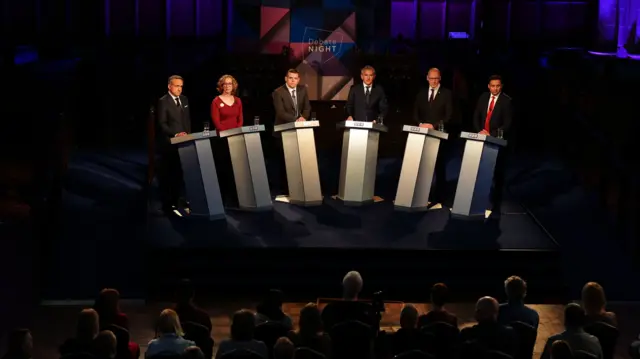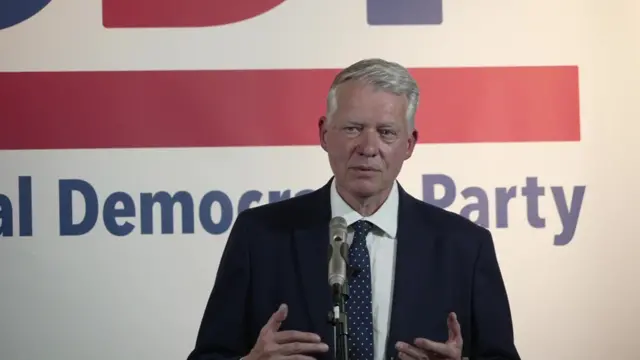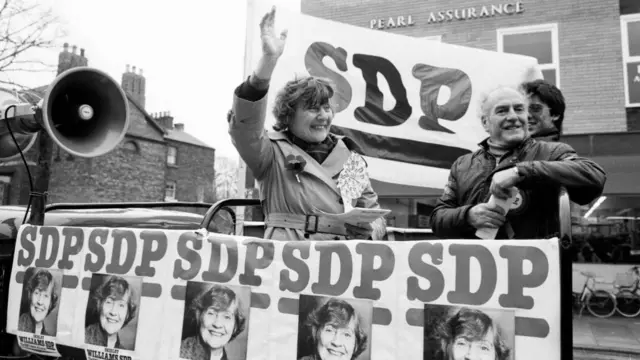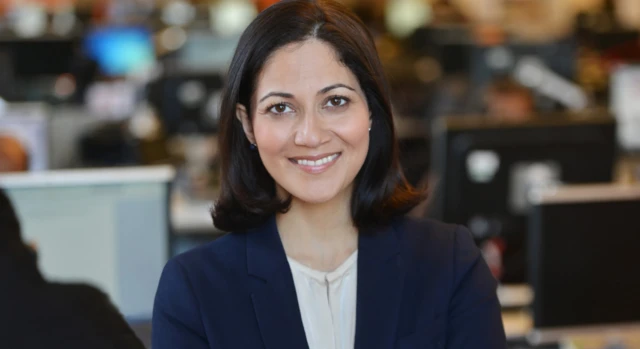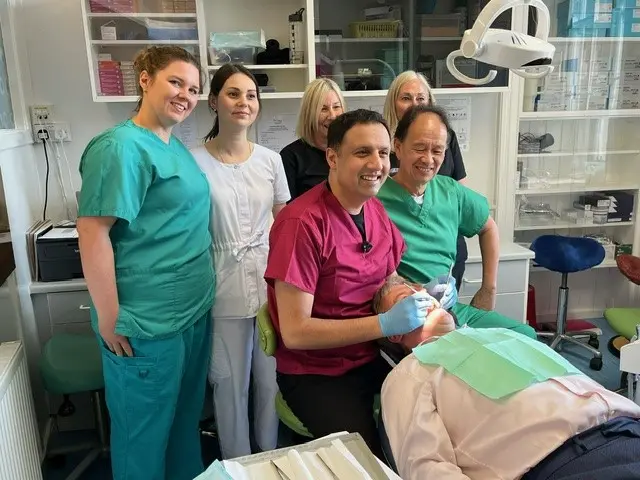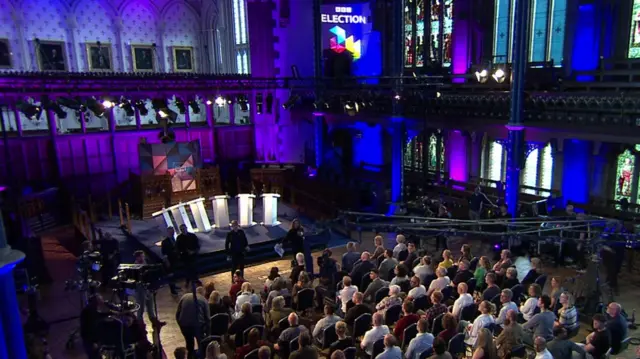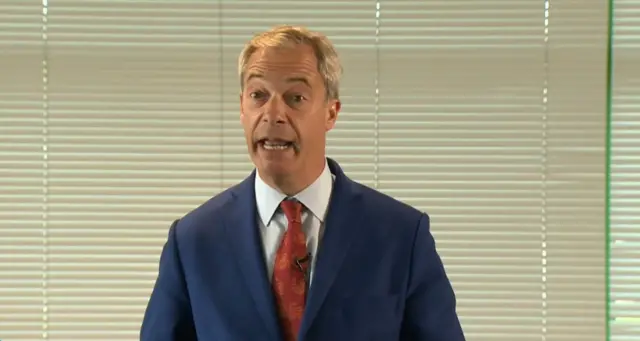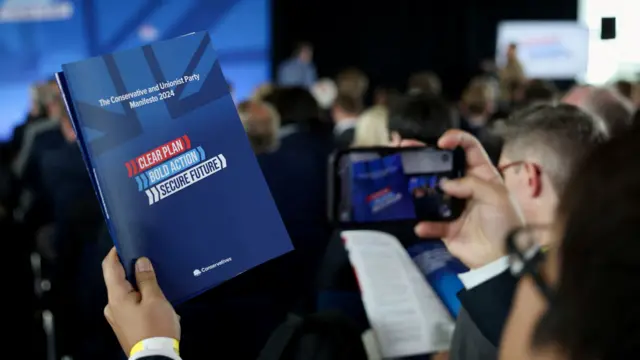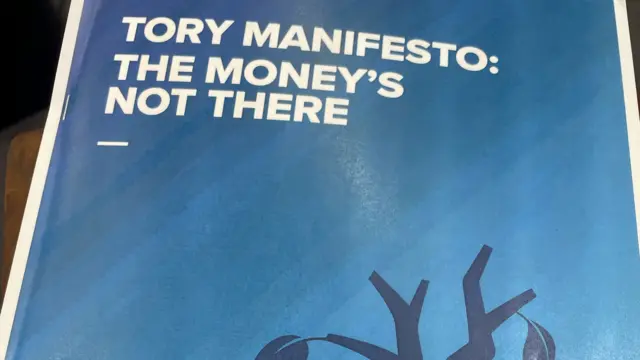That's it from uspublished at 23:03 BST 11 June 2024
 Sam Hancock
Sam Hancock
Live reporter
We're going to leave today's election coverage there.
It's fair to say the Conservative manifesto launch dominated the headlines - and if you want to be reminded of the main policies that were announced, just scroll down to our posts at 22:14, 22:25 and 22:34 where the BBC's Alex Forsyth sets out the 10 key takeaways. You can also read our main news story about the launch here.
Another general election manifesto was also unveiled today, by the Social Democratic Party (SDP) - their first for 37 years. And remember, the Greens are launching theirs tomorrow, Labour on Thursday and the SNP, Reform UK and Plaid Cymru in the next week or so.
Thanks for sticking with us on another busy day. Fancy doing it all again tomorrow? Us too - see you bright and early.

